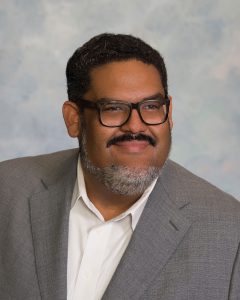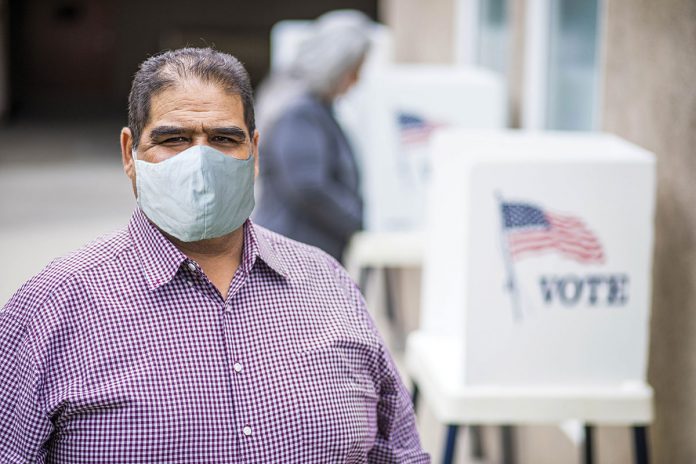When Gonzalo Quintero, 38, was sworn in as a National City city councilman in 2019, he said his top two priorities would be to address the city’s housing problem, and to attract new businesses and expand sales tax revenue. In his current bid to maintain his seat on the National City dais he maintains those are still his goals.
“We have outside forces that are causing strain on our housing market,” Quintero said, citing personnel changes at Naval Base San Diego and affordable housing requirements from San Diego Association of Governments, “there are mandates on top of what was asserted two years ago, when we already had a dire need for housing”.

Building homes requires addressing a multi zone usage challenge, he said, with “a junkyard next to a house next to an auto body shop, things he says other neighborhoods like Barrio Logan have fought for years.
“When one shuts down we don’t want another business like that to enter but we also have to be cognizant that we don’t want to just shut a business down,” Quintero said.
He incorporates social justice into the conversation on housing with rhetorical questions on what makes a neighborhood accessible.
He said earlier in the day he visited a market owner who sells fresh food goods and it was notable because it would put real food in a local market, something he believes was hindered by legislation in the past.
“Right now, when people talk about social justice, environmental justice, people want to spin that into some meme about social justice warriors, right? But when we’re talking about moving forward you have to understand some legislature was created to prevent people from coming into the city,” Quintero said, giving the example of some neighborhoods keeping poor people out of the area by requiring purchase of an entire six-pack of beer rather than a single, more affordable 40-ounce container.
“Some markets are still governed by that. The flip side to that is the political will to not provide for smaller stores for fear they’ll be liquor stores but then residents have no access to food. When we develop any legislation or revisit old legislation, we have to look at social justice asking this: Is this neighborhood walkable, do they have access to transportation, access to real food? Do they have access to health care without having to spend half a day on a bus?,” Quintero asked.
He would like to see what he terms smart growth, developing mixed use buildings with housing on the second floor and services on the first floor.
“We can also think about dense growth, building housing that uses Hepa-filtered air, creating green belts within the city as you redevelop these swaths of land- its not just going to be about tearing down and building up, its being smart, creating green spaces, something beautiful,” Quintero said.
He linked the need for homes with a push for union apprenticeships to create jobs as the city emerges from the COVID-19 pandemic.
“If there was a cure tomorrow, it still wouldn’t be over. You can’t look at the stock market for where things are going. The real index is the consumer confidence index,” Quintero said.
He’d rather see any grants or loans available from COVID-recovery funding go toward keeping current service-based employees like police and firefighters employed before creating any new government jobs.












